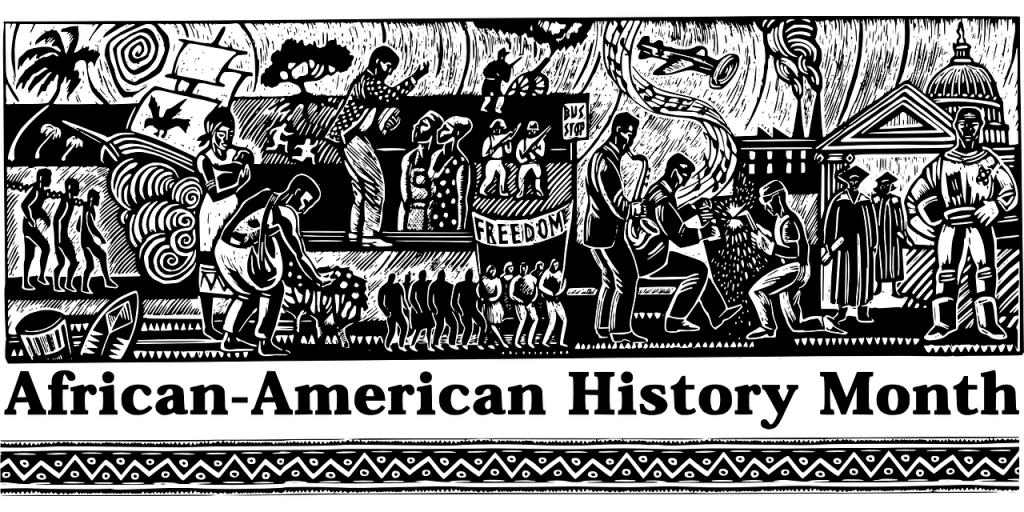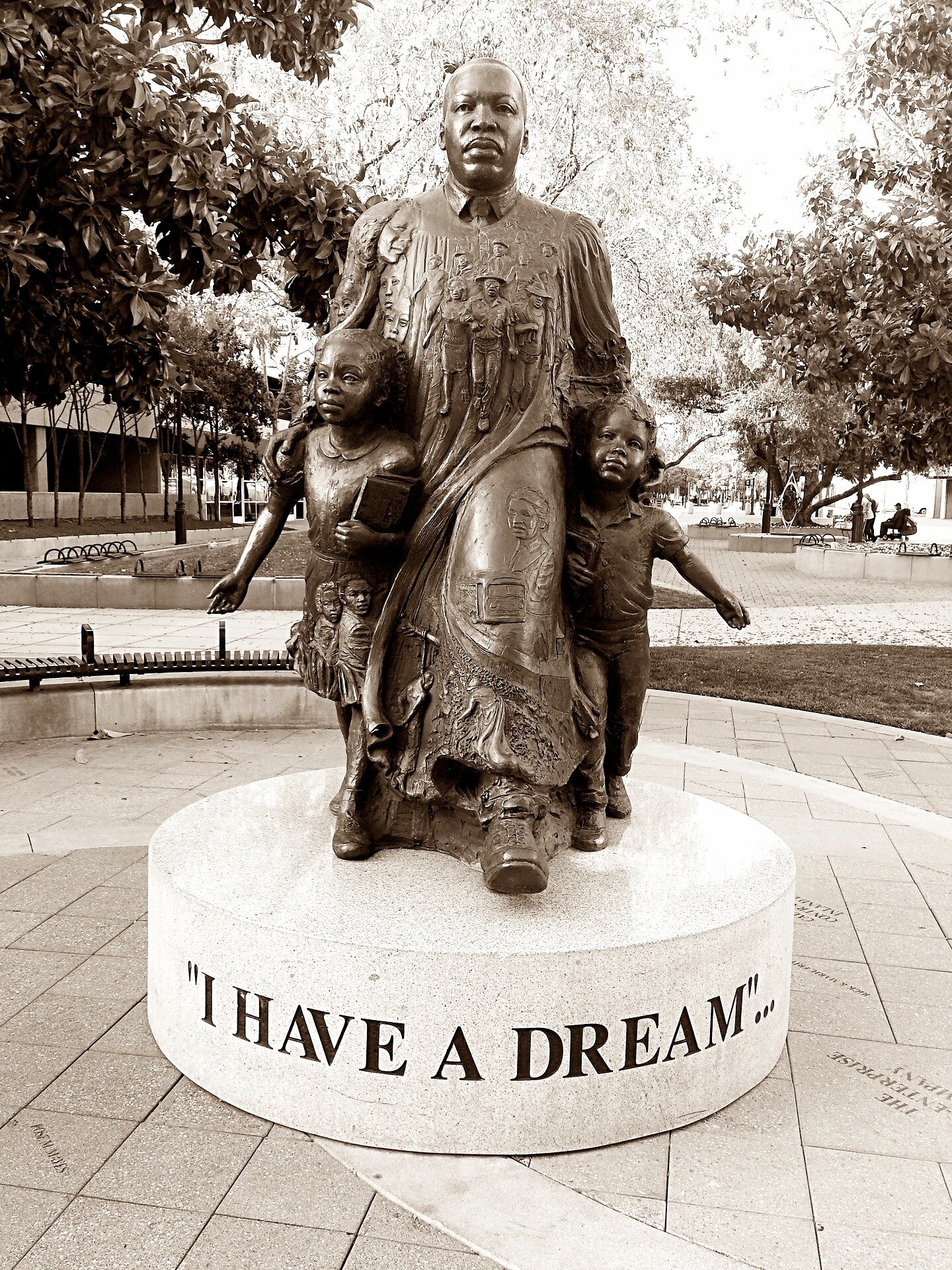
Reflecting on Black History Month
Sabrina Brooks, Staff Writer
What is Black History month and how did it come to be? Who paved the way for the rights that black people have today? Why do we celebrate it?
These seem to be some of the most asked questions whenever February comes around. To begin with, Black History Month wasn’t always called that. Matter of fact, Black History Month wasn’t even a month. It was originally a week, and it went by the name of Black History Week.
In 1926, the idea of Black History Week came from a man by the name of Carter G. Woodson.
“What he observed as a K-12 teacher, was how little emphasis there was on black people in our history. So he thought we should have a week to highlight that history since it was not in the books” stated history professor Paul Thompson.
The week of February that Woodson chose to use was the week that both Fredrick Douglas and Abraham Lincoln’s birthdays fell on. However, President Gerald Ford recognized Black History Week officially as Black History Month in 1976.
Martin Luther King “I Have a Dream’’ statue with two small children.
During this month, the main topics to talk or educate people on would be the important people and the important events of black people. Some of the well-known people of black history being Rosa Parks, Martin Luther King and Malcolm X.
Thompson shared the names of two black history makers who stood out to him the most. That of whom being Fredrick Douglas and Henry McNeal Turner.
Thompson listed the two of them first because they represent a different approach to the struggle of African Americans in the 19th century.
“So Fredrick Douglas represents what we call an assimilationist approach like we wanted to be treated like citizens and everybody else. Henry McNeal Turner was famous for telling black people if you have given up hope it is time to go back to Africa because there is no hope,” Thompson said.
But just as the people do, the major events also hold a very valuable and important place in Black History. Some of these events being the Civil Rights movement (1954-1968), The Civil War (1861-1865), The Emancipation Proclamation (1863), and the Jim Crow Law era (1870-1965).
The Civil War is uniquely attached to Black History because according to Thompson, during that time when the Union troops were traveling through the southern states, the slaves would take that as their chance to join them.
They did this knowing that the Civil War was about them. The Union soldiers didn’t know what to do with the number of runaway slaves that were with them, but the slaves said that they too would fight on the side of the union.
Today in the 21st century, black history is still being made. With the Black Lives Matter Movement and the awareness of black-owned stores and shops, Black History Month will continue to grow and affect not just those who are black, but those of many backgrounds and races.

